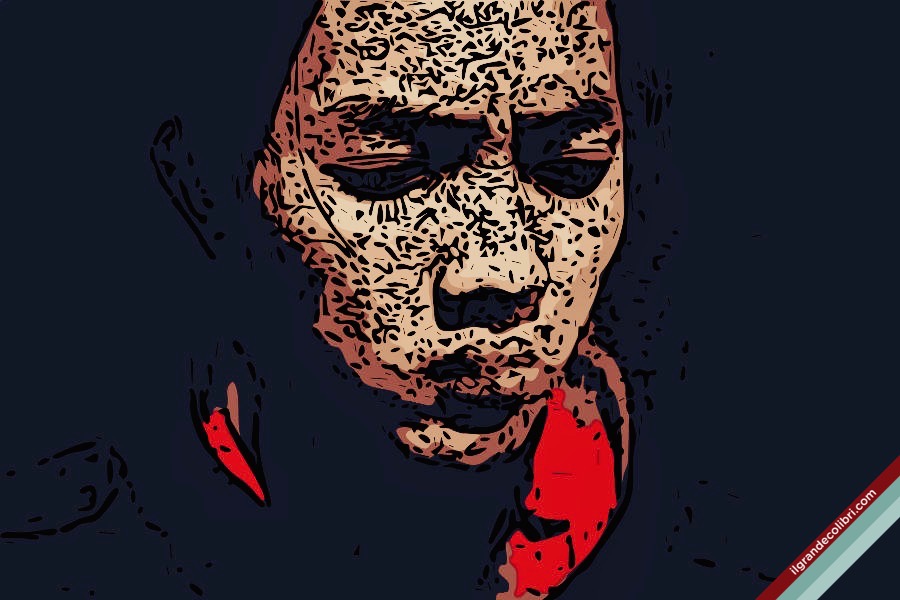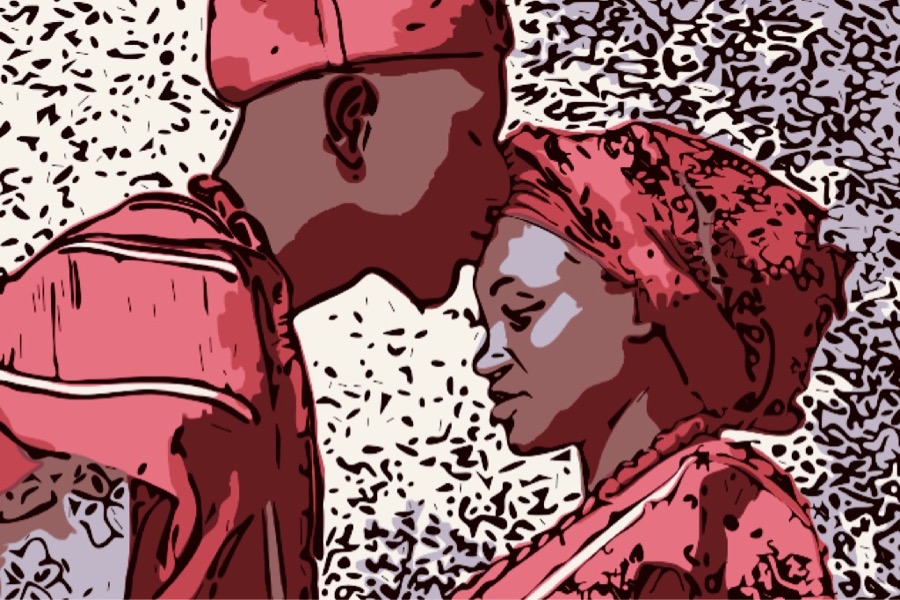A bitter consequence of COVID-19, to include in an already long list, is that news which might normally make the headlines is relegated to the back pages. What this can do is offer governments an opportunity to deliberately overlook difficult problems and then not be held to account. Some of the experiences of those who are fleeing persecution in their own countries due to their Sexual Orientation or Gender Identity (SOGI) and then seek asylum in Europe need to make it into public consciousness.
Europeans are lucky to have some of the best laws in the world when it comes to offering protection to minorities such as those in the Lesbian, Bisexual, Gay and Transgender (LBGT) community. Despite this, some European regions are more liberal than others and too many still have to endure instances of homophobia and transphobia. What must it be like then for those fleeing from a country whose laws not only don’t protect them but could stone them to death for being who they are?
Research carried out by the University of Sussex has flagged up that in the UK and the rest of Europe, about one in three of people seeking asylum on the basis of their sexual orientation had their claims rejected because officials did not trust their stories.
In Britain, this all fits snugly with the government’s ‘hostile environment‘ policy towards immigrants. Officials can seemingly turn away those who may genuinely be seeking British citizenship because claimants may have real difficulty in submitting any evidence to give substance to their applications. If you live in a land which suppresses freedom of expression then you may find it very hard to rustle up a folder of photos and love letters to prove you’ve had previous same-sex relationships, for example. The effect of ‘not being believed’ can be devastating and add to a sense of hopelessness.

To add to the misery, researchers discovered that the balance of proof is often unjustly skewed against the applicant. It’s a requirement of international refugee law that evidence-gathering is the equal and shared responsibility of both applicants and those who decide their claims. Yet, the research concluded that immigration officials often did not begin hearing cases with an open mind and instead sat there silently waiting for claimants to convince them.
The testimony of some claimants is chilling. One woman from an African country which offers no protection to gay people described a seven hour grilling at the UK’s Home Office. “How do you know you’re a lesbian? How old were you when you knew? Who did you tell?” she was asked. This is a woman who had suffered at the hands of an abusive husband in a forced marriage and was subsequently raped by two men who wanted to ‘straighten her out.’ She had also had to endure police brutality when discovered in bed with another woman.
Her account of the Home Office interview shows little sign of sympathy. It was put to her that once in the UK, there was nothing to stop her having a female partner, and so why had she not formed a same-sex relationship yet? Her responses are moving for their honesty. She claimed that her identity came about due to the feelings which she felt, and that in the past, she had not had the freedom to play out her sexuality.
Being asked to prove one’s sexual identity to a stranger in a foreign country has the potential to be humiliating and traumatic. There is also something deeply unfair about comparing journeys related to discovering one’s sexuality or gender in countries which may have totally different social norms and laws to those in the West. However, claimants have been having applications for asylum dismissed because of failure to provide adequate emotive language and description of thoughts that brought about a realisation of their sexuality.
 LGBT asylum seekers in the UK have on occasion had to suffer further degradation. One immigration tribunal judge decided to reject one man’s claim because due he did not have a gay enough ‘demeanour.’ This apparently contrasted with a witness who ‘wore lipstick,‘ allegedly had an ‘effeminate look‘ and who the judge decided to acknowledge was gay.
LGBT asylum seekers in the UK have on occasion had to suffer further degradation. One immigration tribunal judge decided to reject one man’s claim because due he did not have a gay enough ‘demeanour.’ This apparently contrasted with a witness who ‘wore lipstick,‘ allegedly had an ‘effeminate look‘ and who the judge decided to acknowledge was gay.
To make things worse, some claimants suffer violence and abuse because of their sexual orientation or gender identity whilst in UK detention centres from both other inmates and even staff. According to Stonewall, a UK charity that fights for LGBT rights, trans asylum seekers are particularly at risk when being held in detention. One trans asylum seeker claimed she was held in several different male detention centres even though she had declared that she identified as female. There are claims that trans detainees face real danger in these kinds of situations due to having to share bedrooms or open showers with other detainees.
The UK has turned down thousands of asylum claims from LGBT people who’ve fled from countries where consensual same-sex acts are against the law. Having their identity forensically picked over and disbelieved adds terrible psychological strain on people who are likely to have already been marginalised and been threatened with violence or death in their countries of origin just because of who they are.
When it comes to asylum seekers, the UK government appears to be looking the other way when it should be rooting out homophobia and transphobia. The rejection of so many SOGI claims appears to be a quick and cheap ‘win’ for the UK Home Office in its conviction to reduce immigrant numbers by resting its case on one of disbelief.
Peter Markham
writer and correspondent for Immigration News UK, a media platform that helps to raise awareness about migrant injustices and news around the world
©2020 Il Grande Colibrì
images: elaboration from Pikist (CC0) / Il Grande Colibrì / elaboration from Pikist (CC0)




